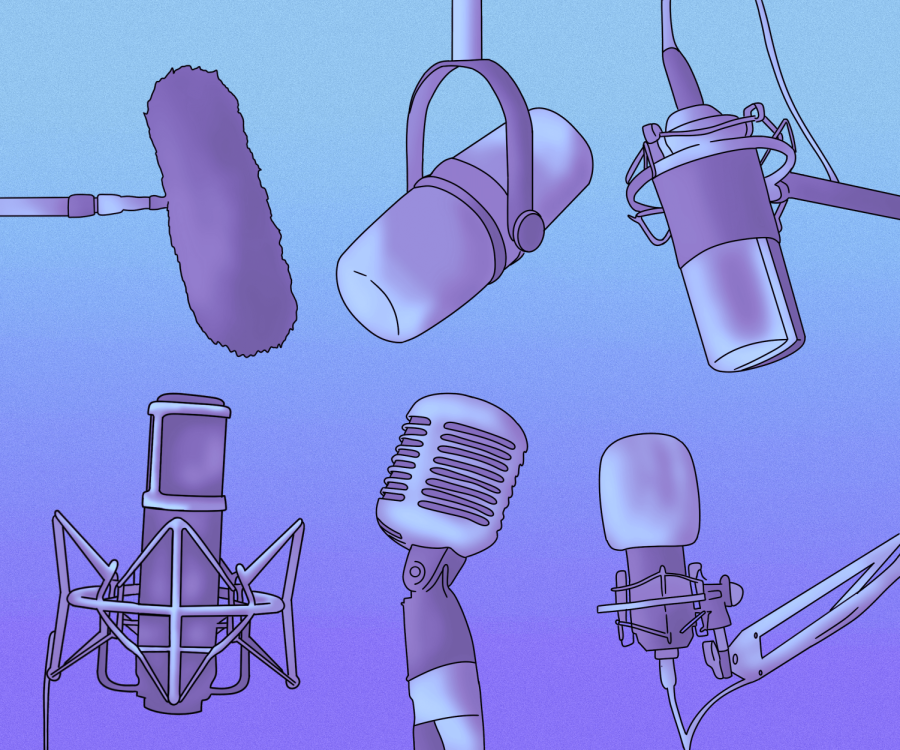Free speech has consequences
December 2, 2022
Editor’s note: This column was submitted to the Texan by a member of the UT community.
Free speech is important to me because without it I would not really feel free. Being able to say what I think — even if others do not agree — and to hear what others believe — even if I do not agree — is implicit in what, for me, it means to be an American. I want to be able to criticize ideas, my elected leaders and even The University of Texas at Austin.
This is important to me because it is difficult, or perhaps impossible, to have a vigorous democracy without a free and passionate exchange of ideas. Democracy feels hollow without debate, and it demands widespread participation to flourish. Ideas can be sharpened when we invite others to share alternative viewpoints. We would be a stronger union if both Democrats and Republicans were more open to hearing what the other side believes and why. Hearing these types of contested ideas can help people understand and, perhaps, accept each other better, and can even lead to decisions that are more beneficial to a larger swath of people. This is the heart of a new idea called “connective democracy” that some UT professors, including me, developed as a means to bring people together across their political and other differences.
At a university campus, free speech becomes particularly important because education is not just about learning skills and facts — it’s about learning to think critically and be exposed to a variety of ways for understanding a problem. Students are just beginning their adulthood journey, so they should have the right to be exposed to many different ways of seeing the world, so they can figure out what they believe and what experiences best resonate with them. This is why in my undergraduate Online Incivility & Public Debate class I stress that I do not care if students agree with me; I just want them to think an argument through and figure out what they believe. I want my classroom to be a safe space to interrogate ideas, and I hope it is.
However, it is also important to point out that just because I fervently believe speech should be free, that does not mean that freedom has no consequences. I may have the freedom to say almost whatever I want, as long as it doesn’t fit some of the categories the U.S. Supreme Court has deemed as unprotected speech (e.g., libel). But that doesn’t mean others won’t chafe at my words. Words are powerful and can hurt people. Hateful speech that targets minoritized groups might be legal, but it’s still wrong. When people use this type of speech, they should not be surprised if it angers people or costs them friends, relationships or even jobs. Hateful speech like this can incite violence and put vulnerable people at real risk. As a result, I believe protecting those who can be harmed by speech must be part of the freedom of speech.
In summary, free speech is for me one of the most important aspects of being an American, and it can and should be encouraged for the good of our democracy. This is particularly true on college campuses. But that should never mean that people can say whatever they want without reprisals. Freedom always has consequences.
Gina M. Masullo is an associate professor in the School of Journalism and Media, and associate director of the Center for Media Engagement, both in the Moody College of Communication. She spent 20 years as a newspaper journalist before becoming a professor.












